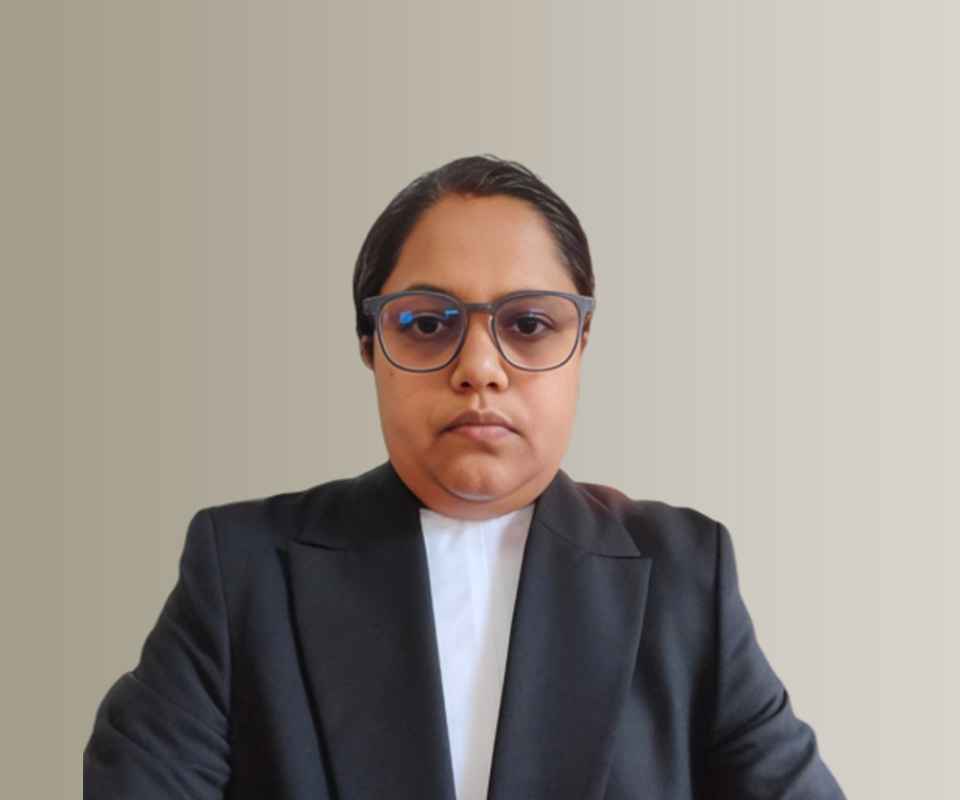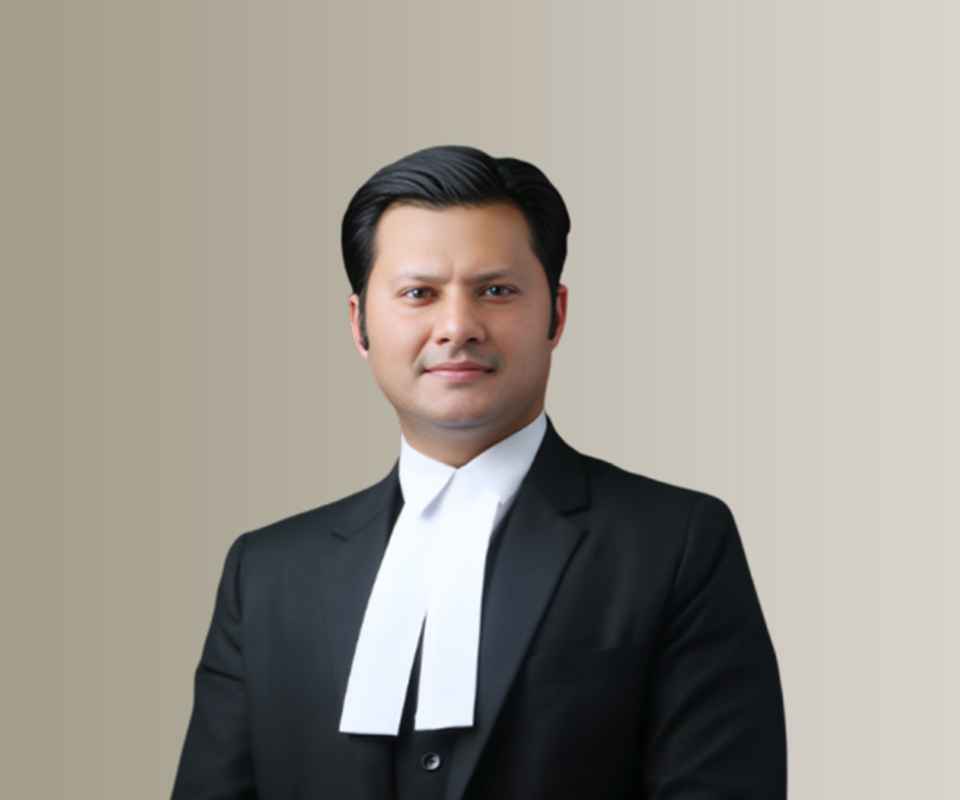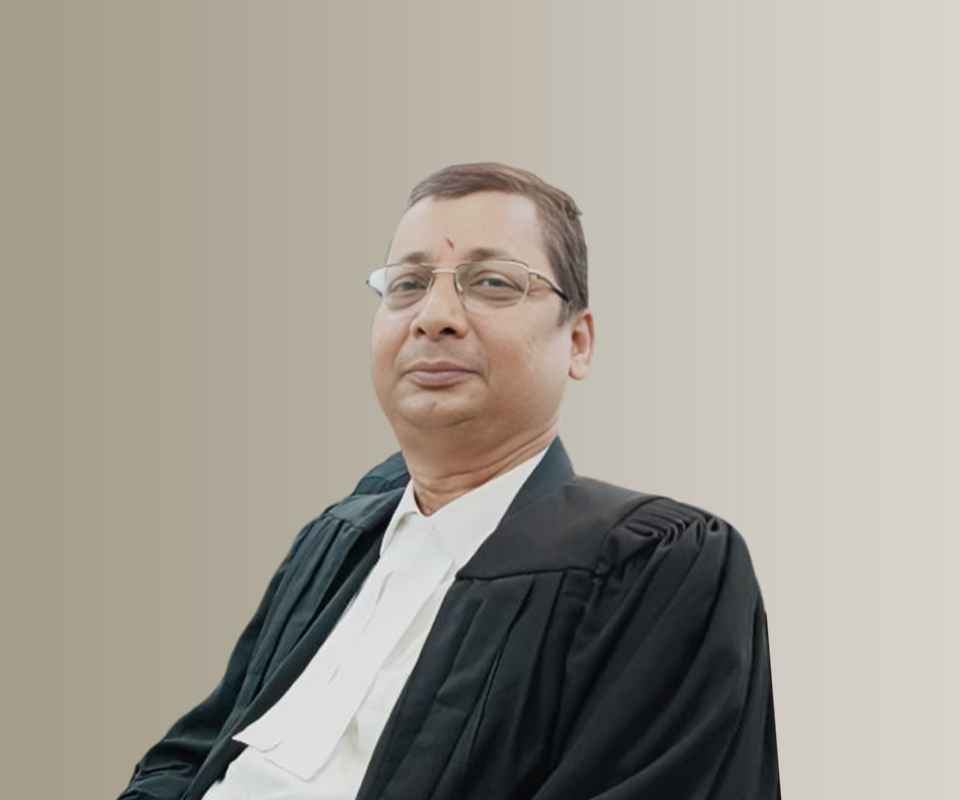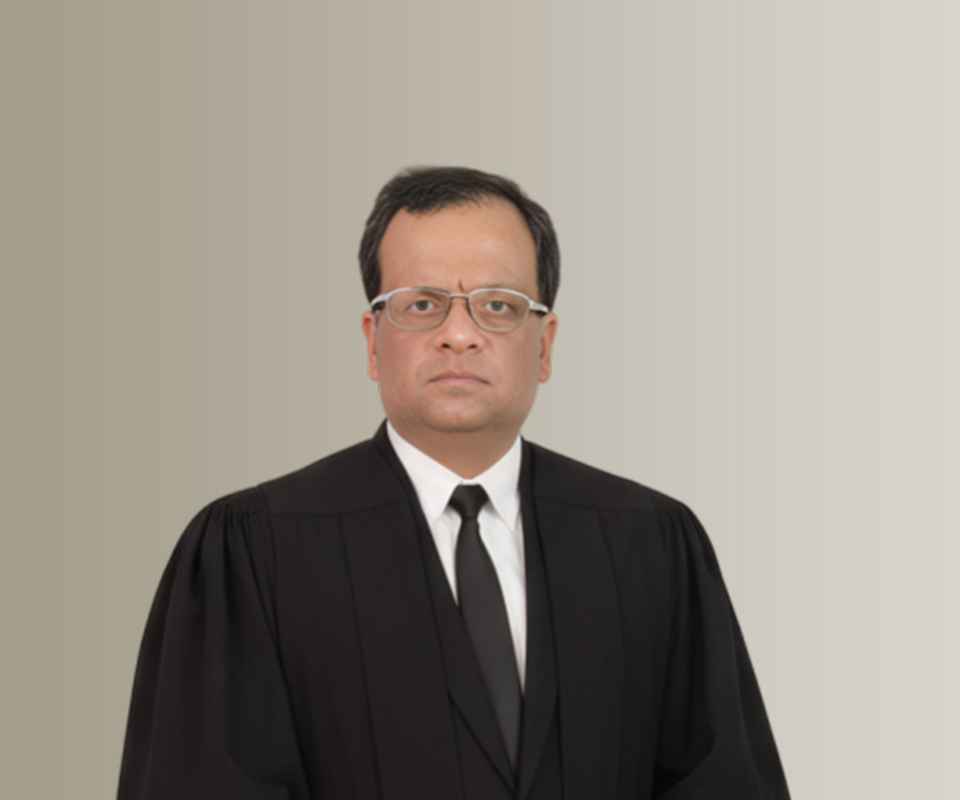Answer By law4u team
In India, obtaining probate for a will is an essential legal process that ensures the will’s validity before the distribution of assets. The time required to get probate depends on several factors, including the complexity of the case, the location of the court, the number of claims or objections, and whether all legal requirements are met promptly. Typically, probate takes several months, but in some cases, it may extend longer.
How Long Does It Take To Get Probate In India?
General Timeline for Probate:
The process of obtaining probate can take anywhere between 6 months to 1 year or more, depending on the complexity of the case. In simple cases, where the will is clear and uncontested, the process may be completed faster, possibly within 6 months. However, if the will is disputed or if there are complications in verifying the validity of the will or identifying the heirs, it may take a year or longer.
Key Factors Affecting the Duration:
Court's Workload and Backlog:
The time it takes to obtain probate can be affected by the workload of the court in which the probate petition is filed. Courts in metropolitan cities or heavily populated areas may have longer delays due to case backlogs. In some cases, probate can take several years if the court has a high volume of cases or if the matter becomes complex.
Validity and Clarity of the Will:
If the will is straightforward, properly executed, and does not have any ambiguities, the probate process is likely to be quicker. However, if there are any issues related to the will's validity (such as missing signatures or unclear intentions), this can cause delays.
Disputes or Objections:
A significant factor influencing the time taken to get probate is whether anyone contests the will. If an interested party challenges the will, claiming that it was forged, coerced, or made under duress, the court will need to conduct further investigations, which can significantly delay the probate process. Litigation and the settlement of disputes can extend the duration of the probate process.
Notice Period:
Under the Indian Succession Act, 1925, once the probate petition is filed, the court issues a notice to all legal heirs and any persons who may have a claim on the estate. These heirs are given a certain time (typically 30 days) to file objections to the probate. If objections are raised, the court will need to address them, which can delay the process.
Steps Involved in the Probate Process:
Filing the Probate Petition:
The process starts when the executor of the will (or a legal heir, in case there is no executor) files a petition in the relevant court. This petition must include details of the will, the death certificate of the testator, and the names of all heirs.
Verification of the Will:
The court verifies the will’s authenticity, ensuring that it meets all legal requirements, such as the presence of witnesses and the testator’s mental capacity. This process can take time, especially if there are any ambiguities in the will or challenges to its validity.
Objection Period:
As mentioned earlier, once the probate petition is filed, there is a notice period, during which any interested parties can object to the probate. If no objections are filed, the court can move ahead with granting probate, but if objections arise, the court may need to conduct a hearing, which extends the process.
Issuance of Probate:
If the will is uncontested, and the court finds that all legal formalities are in order, probate is granted. This grants the executor the legal authority to distribute the assets according to the terms of the will.
Example of Probate Process:
Mr. Rao's will is clear, naming his son, Ravi, as the executor. After filing the probate petition and submitting all required documents, the court issues a notice to other family members. There are no objections, and the court grants probate within 7 months. Ravi is then able to manage and distribute the assets according to Mr. Rao’s will.
In contrast, in another case, Mrs. Desai’s will is contested by her brother, who claims that the will was forged. The court investigates the allegations, which causes delays in the process. Eventually, after about 2 years, the probate is granted after the dispute is settled in favor of the original will.
Avoiding Delays:
Clear and Well-Executed Will:
To avoid delays in the probate process, it’s crucial that the will is clear, properly executed, and free from ambiguities. Having a witnessed will with clear instructions can help avoid complications.
Prompt Filing:
Ensuring all the necessary documents, including the death certificate and legal heir details, are submitted promptly will help speed up the process.
Avoiding Litigation:
If possible, resolving any potential family disputes or conflicts related to the will before filing the probate petition can help avoid delays in the legal process.
Legal Actions and Protections:
Court Proceedings and Legal Representation:
It is advisable to engage an experienced lawyer specializing in estate planning or inheritance law to handle the probate proceedings. The lawyer can help navigate through the process, respond to objections, and ensure that all formalities are met to avoid delays.
Impact of Legal Disputes:
If there are multiple disputes among heirs or if the will is contested, the probate process can take much longer. In some cases, it may even be necessary for the court to conduct a trial to resolve these disputes, which adds to the overall timeline.
Conclusion:
In India, obtaining probate generally takes anywhere from 6 months to 1 year, depending on factors such as the complexity of the will, court delays, objections, and the clarity of the will itself. If the probate process is contested or if there are multiple legal complications, it could extend the process to several years. To avoid delays, it is important for individuals to ensure that their wills are clearly drafted and free from ambiguity and to address any potential family disputes early on.







